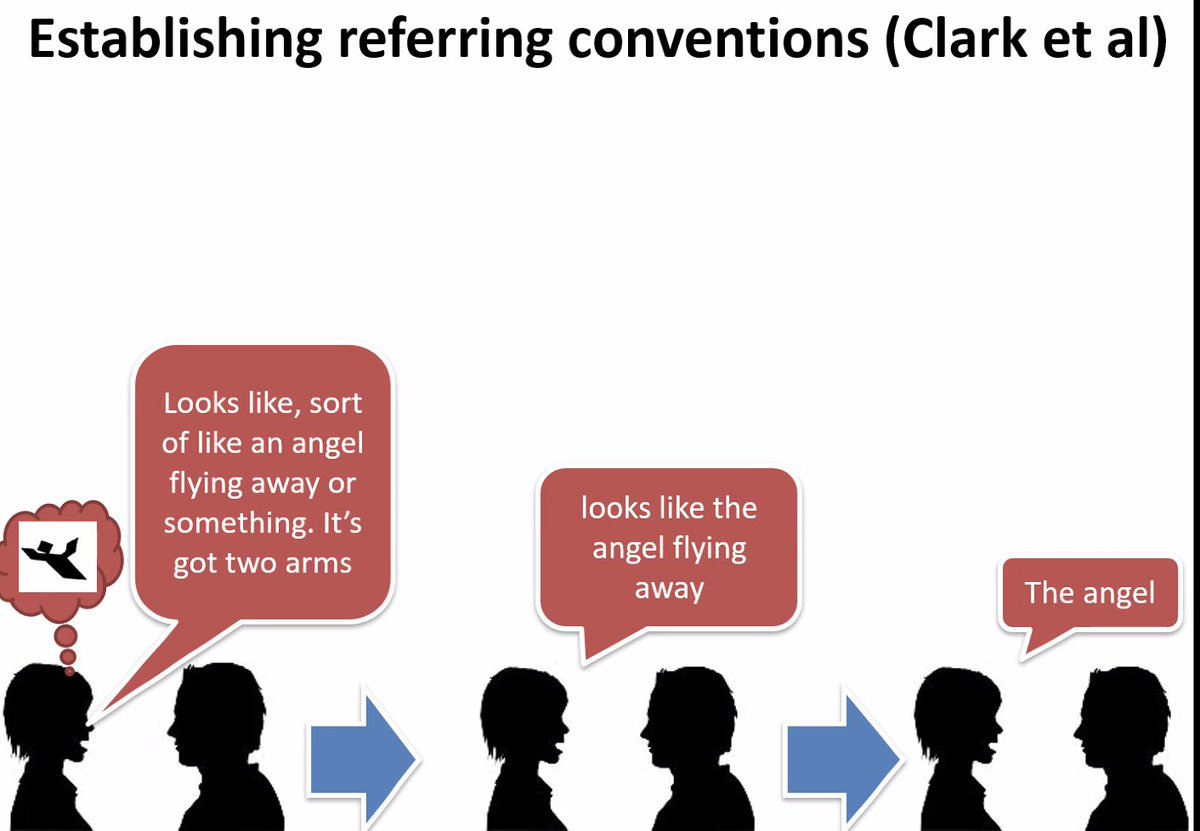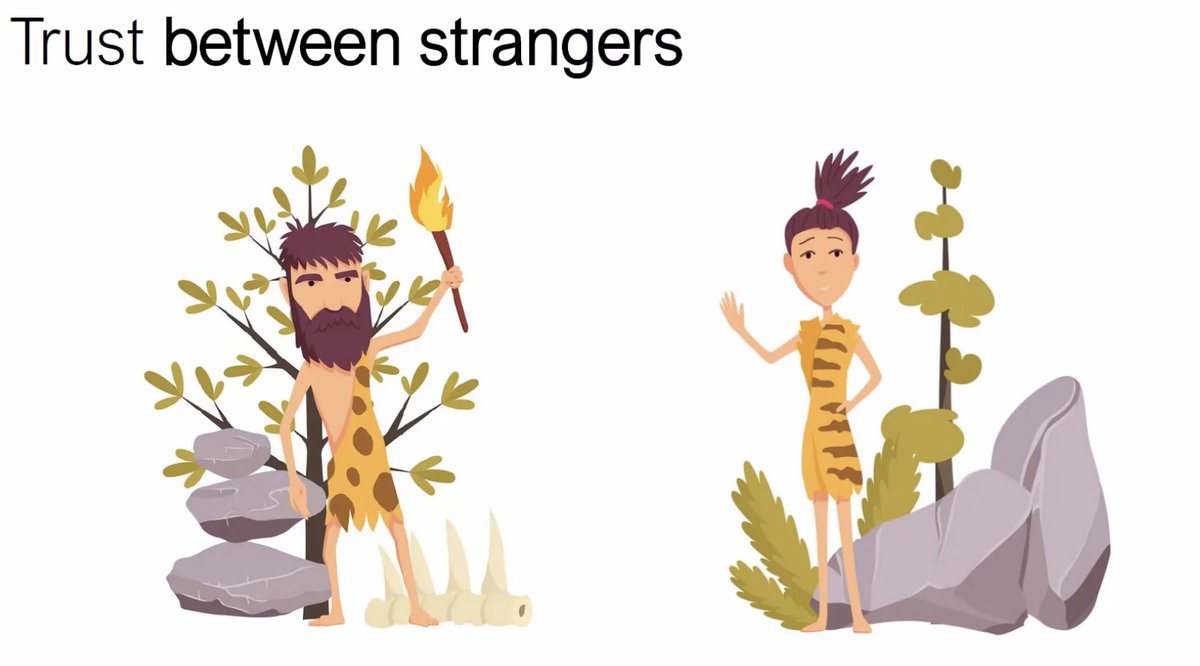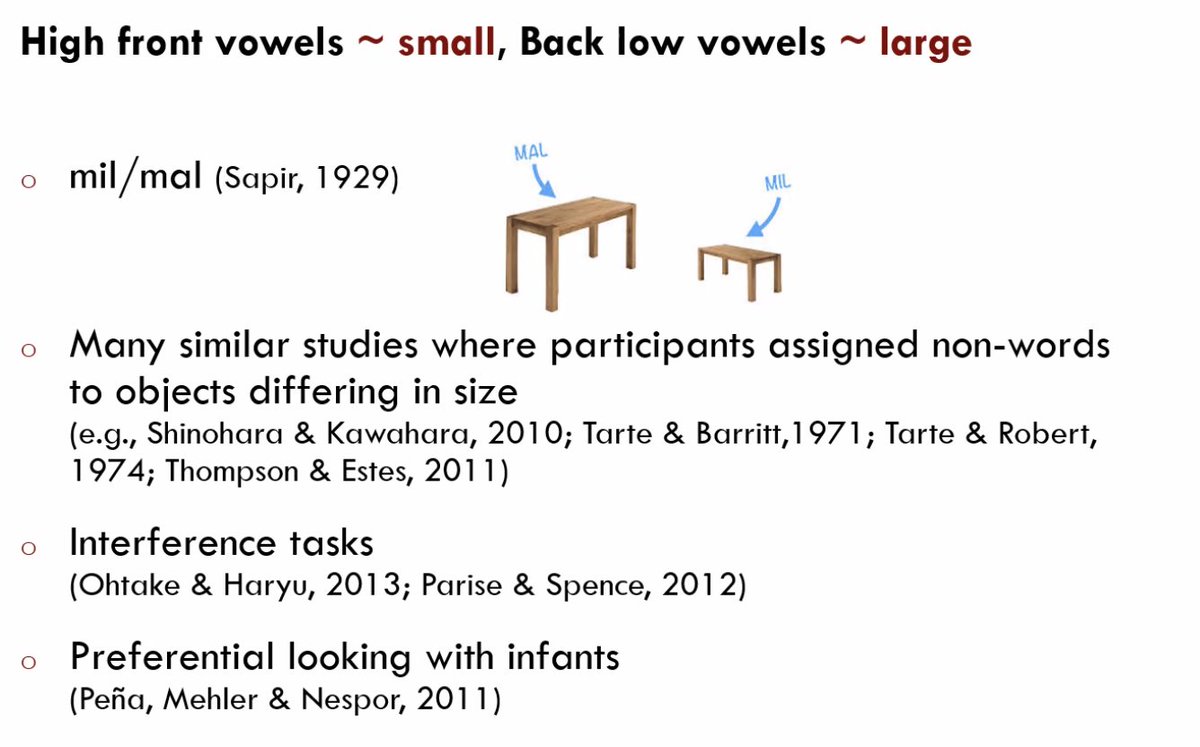
Postdoc @facesyntax🔎:🗣️🤗I study how language, culture and cognition evolve using #VR █-) & experimental semiotics 🙆 Formerly 🎓@UoE_CLE & @interact_minds
How to get URL link on X (Twitter) App


 Engravings in these areas seem to evolve into more structured forms over time, perhaps signalling gradual refinement of symbolic tools. But the function of these potential symbolic tools is not very clear.
Engravings in these areas seem to evolve into more structured forms over time, perhaps signalling gradual refinement of symbolic tools. But the function of these potential symbolic tools is not very clear. 




 An important distinction we need to make is whether we are talking about grammar or simple signal variation, and what 'simple' or 'complex' actually refers too. The mirror pattern we see might relate directly to how we distinguish these concepts.
An important distinction we need to make is whether we are talking about grammar or simple signal variation, and what 'simple' or 'complex' actually refers too. The mirror pattern we see might relate directly to how we distinguish these concepts. 


 One way to test this is using possible biases in word order. E.g. naturalness: specific orders preferred for specific meanings, or regularity: same WO used for a specific meaning, or systematicity: same WO across all meanings. We also know that WO can be conditioned on semantics
One way to test this is using possible biases in word order. E.g. naturalness: specific orders preferred for specific meanings, or regularity: same WO used for a specific meaning, or systematicity: same WO across all meanings. We also know that WO can be conditioned on semantics 



 Hypotheses on this involve social bonds, reputatio, gossip and 3rd party punishment that all help maintain trust. But what about strangers?
Hypotheses on this involve social bonds, reputatio, gossip and 3rd party punishment that all help maintain trust. But what about strangers? 

 Iconicity, e.g. in the form of sound symbolism is pervasive in the lexicon. Iconicity can also help ground symbols via sensorimotor simulation (e.g., representing what it means for something to be a 'tree'). We also find interactions of word processing with specific brain areas
Iconicity, e.g. in the form of sound symbolism is pervasive in the lexicon. Iconicity can also help ground symbols via sensorimotor simulation (e.g., representing what it means for something to be a 'tree'). We also find interactions of word processing with specific brain areas 


 Larger communities have more comm problems to overcome, so if sound symbolism makes lang easier to learn and process, this should be the case. They therefore looked at words for big/small in common and less common languages and synthesized
Larger communities have more comm problems to overcome, so if sound symbolism makes lang easier to learn and process, this should be the case. They therefore looked at words for big/small in common and less common languages and synthesized 


 Earlier approaches into the fundamental nature of language have ignored multimodal aspects. Ozyurek, however, argues that language is an adaptive system that has been multimodal from the get-go and adapting to any setting it is thrown into (including future technologies)
Earlier approaches into the fundamental nature of language have ignored multimodal aspects. Ozyurek, however, argues that language is an adaptive system that has been multimodal from the get-go and adapting to any setting it is thrown into (including future technologies) 

 Lang evo literature itself says we shouldn't mix up ontogenetic and phylogenetic evidence, and YET it appears often as a given to use pidgins and creoles as windows into the past. They are often treated similar to emerging sign languages. However, the conditions are not the same.
Lang evo literature itself says we shouldn't mix up ontogenetic and phylogenetic evidence, and YET it appears often as a given to use pidgins and creoles as windows into the past. They are often treated similar to emerging sign languages. However, the conditions are not the same. 

